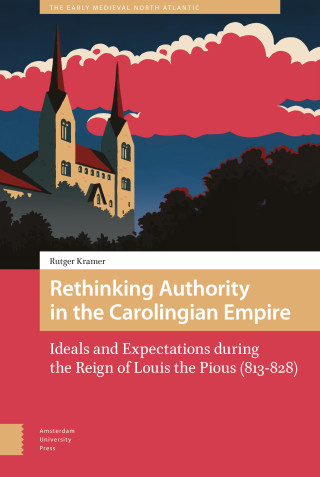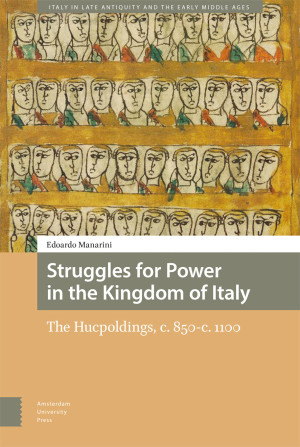Prefatory Note
Acknowledgements
Maps and Tables
Abbreviations
Preface by Simon MacLean
Introduction
Part I Kinship and Political Relations
1. The Hucpoldings’ Involvement in the Political Struggles of the Kingdom of Italy (847–945)
Hucpold, Count Palatine of Louis II
Faction and Endeavour: Hubald I
The Aristocratic Career of Boniface dux et marchio between Rudolf II and Hugh of Arles
Bibliography
2. Family Patterns and Political Affirmation (945–1012)
The Duchy of Spoleto and Tuscany
Eastern Emilia and the Exarchate of Ravenna
The March of Tuscany
Bibliography
3. The Local Basis of Power in a Wide Political Network (1012–1116)
Hugh II and His Lineage in Bologna and Ferrara
The Ties that Bind: Boniface of Canossa and Kinship Networks across the Apennines
The Counts of Romena-Panico
Bibliography
Part II Properties and Patronage
4. The Exarchate
Land Possession and Relations in the Ninth Century
The Troubled Years, c.960–c.1000
Persistence in the comitatus Faentinus and the 1034 Pact
Bibliography
5. The March of Tuscany
The Family Group Estates in the Ninth Century
Marchisal Fisc and Monastic Foundations
Centres of Power, Patronage Networks
Bibliography
6. Ruling on the Border : Landed Possessions from the Po Valley to the Apennines in Bononia’s Diocese
Acquisitions, Exchanges, Organization of Lands in the Tenth Century
Landed Wealth and Hegemony
Lands, People and Castles (900–1100)
Estate Management: Between Territorial Consolidation and Dispersal
Bibliography
Part III Power, Relationships, Memory
7. Kinship, Self-awareness and Memory
Onomastic Choices
The lex Ribuaria profession
The Role of Monastic Foundations: Family Memory, Politics and Identity
Kinship Representations between Perceptions and Self-awareness
Evolution and Hierarchy of Kinship Cohesion
Bibliography
8. Features and Practices of Power: From Officials to Lords
Firsts Steps at Court: Offices and Responsibilities in the Kingdom of Italy
The Marchisal Achievement and the Gaining of Ecclesiastical Offices
Dinastizzazione of the Title of comes and the Development of Seigneurial Rule in a Border Region
Bibliography
9. Discontinuity between Public Powers and Private Seigneurial Rule
Bibliography
Genealogical Tables
Bibliography
Index

